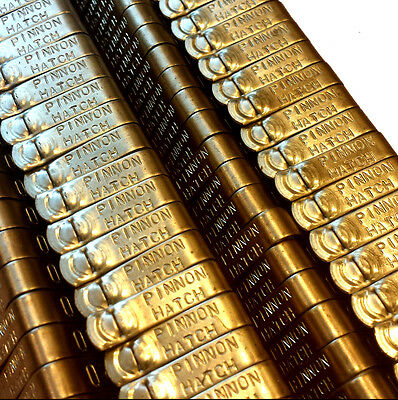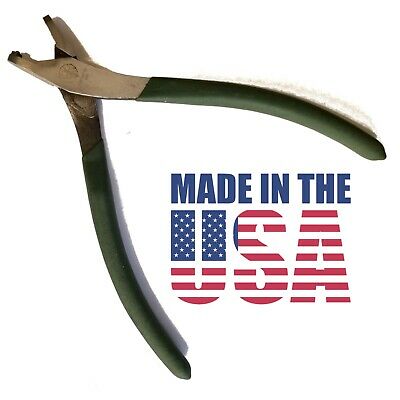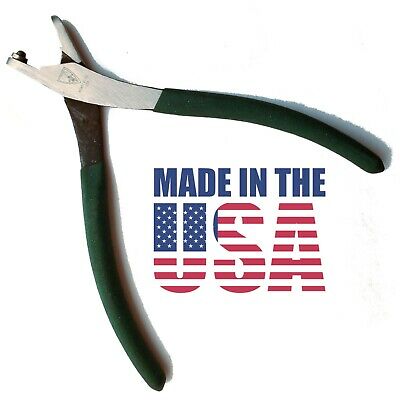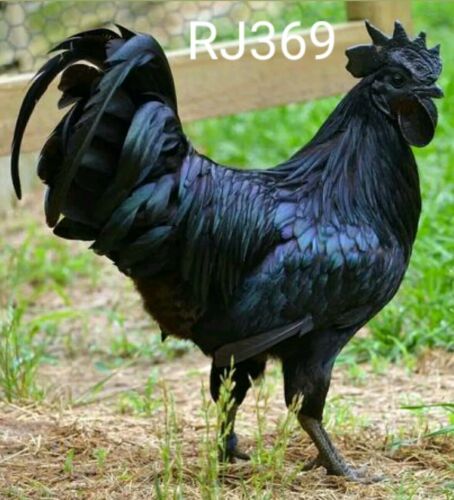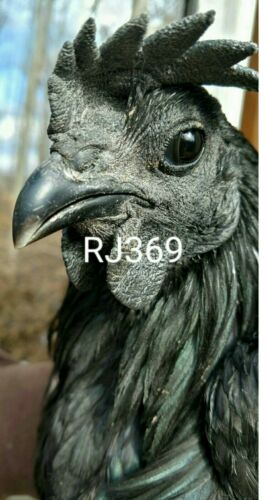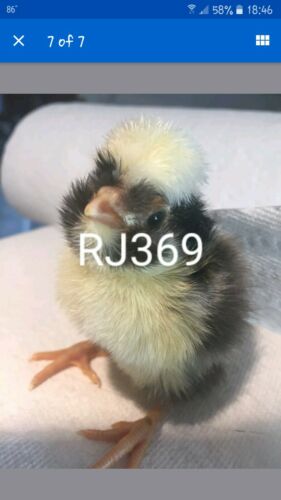-40%
hatching egg prespray for,chicken,duck,turkey,peacock,geese, emu 15 vials
$ 50.16
- Description
- Size Guide
Description
NO EGGS FOR SALE all purchases final , no refunds, or canceled orders after packages are mailed. Due to covid i cannot take packages back. Please make sure before you order.Hatchright is a pre incubation spray that feeds the embryo through the shell and makes it stronger for hatching and even after growth rate is increased all natural. all natural vitamins and herbs.
I do not sell eggs
Number ONE Sold Pre- Incubation Hatching Egg Spray for 40YEARS check feedback count the years
Hatchright hatching egg pre-incubation spray, Peacock, all poultry eggs, 15 vials , each vial covers 500 eggs sale 1 extra vials
This auction is for three pouches of Hatchright with free shipping.
Hatchright is a pre- incubation hatching egg spray. Statistically speaking Hatchright works by stimulating the growth of bone tissue in the poultry embryos. When the growth stimulating agent is used on fertile poultry eggs, the agent will help produce heavier, livelier chicks that are stronger, have more vigor, and greater survival rate. The chicks hatched with Hatchright are heavier when hatched out. Heavier chicks grow faster! Hatchright will provide the chick with extra nutrients to stimulate the chick to grow thicker and heavier veins. In addition, Hatchright the growth stimulating agent reduces the embryonic mortality early (1-7 days by about 16.2%), mid (8- 14 days by about 24.6%) and late (15- 21 days by about 11.3%) by reducing heat stress in incubation. Hatchright is a growth stimulating agent that significantly can increases hatchability of your fer
pictures. Plus, rare Serama chicks galore that we can?t even fit them all in the picture!!
How does Hatchright Work?
Animals such as chickens, which develop inside an egg outside of their mothers' bodies and therefore do not have umbilical cords, take in oxygen and get rid of carbon dioxide? Bird and reptile eggs have a hard shell. Directly under the shell are two membranes. Between the membranes is a small air cell, also called an air sack, filled with oxygen. As the animal develops it uses the oxygen, which must be replenished, and it also must release carbon dioxide. How does this happen? Well, if you examine a chicken egg carefully with a magnifying glass, you'll see that there are tiny little holes, called pores, in the shell. The chicken egg for example has more than 7,500 pores in its shell to allow this to happen! These pores also allow water to go through the shell, which is how Hatchright is absorbed through to the inside of the egg. Hatchright works by the egg?s ability to absorb the minerals and vitamins through the egg. Via a process of gas and water exchange pathway through the pores on the egg?s surface. Blood vessels in the capillary bed of the chorioallantois (membrane) link the developing embryo to the exchange pathway! This also means that more of the shell minerals are transferred from the shell to the skeleton when using Hatchright.IT also soaks through the calcium which the chick obsorbs through the shel
Can Hatchright be used on different kinds of fowl?
Yes, Hatchright can be used on all kinds of domestic fowl. For example, Chickens, turkeys, guinea fowl, ducks, goose, swans, ostrich, emu and rheas to name a few. Also eggs from avian species among them for example are quail and pheasants. It is suggested by different study?s done that growth stimulating agent can be extended to be used with other non- domesticated avian species. For example, in programs directed to prevention of species extinction. By treating eggs of such birds with the bone stimulating agent in order to improve the quality, health, weight, or strength of chicks hatched from the treated eggs. It is also possible to treat eggs of reptilian species.
About us:
We have been perfecting Hatchright and have used this growth stimulating agent for many years. We have hatched some of the most expensive, exotic and most difficult eggs in the world! That normally would have extremely low hatching rates. For example, we have brought our hatching rate from 0% for Serama Chicken eggs that are notorious for being extremely difficult to hatch to 80% on shipped eggs!
How to use Hatchright?
Put the pre-measured Hatchright contents of one pouch in 8 ounces of distilled water and shake well. Let stand for fifteen minutes. Your then ready to lightly mist your eggs. This next part is optional to further stimulate absorption into the eggs, Hachright solution can be slightly chilled before misting. You can mist your eggs once before incubation or multiple times during incubation the choice is yours. We have obtained best results lightly misting with Hachright on day 4 and 14 of incubation. You can in the alternative mist before you place the eggs in your incubator.
Disclaimer:
Hatchright must be used on fertile hatching eggs, an incubator that is accurately calibrated for temperature, humidity, turning times or turning angles for your species that your hatching. You understand that there are no guarantees being made to you regarding your hatch rate and the egg(s) incubation ability?s. Because we have no control over the eggs you use, your incubator, or incubation practices. Hatchright is not intended to make a non-fertile egg fertile. No one came make a non- fertile egg fertile with a spray.
What?s inside?
Hatchright is a combination of all-natural ingredients of vitamins and herbs.
The
peafowl
include three species of birds in the
genera
Pavo
and
Afropavo
of the
Phasianidae
family, the pheasants and their allies. The two Asiatic species are the blue or
Indian peafowl
originally of the
Indian subcontinent
, and the
green peafowl
of Southeast Asia; the one African species is the
Congo peafowl
, native only to the
Congo Basin
. Male peafowl are known for their piercing calls and their extravagant plumage. The latter is especially prominent in the Asiatic species, which have an eye-spotted "tail" or "train" of
covert feathers
, which they display as part of a
courtship
ritual. The term peacock is properly reserved for the male; the female is known as a peahen, and the immature offspring are sometimes called peachicks.
The functions of the elaborate
iridescent
coloration
and large "train" of peacocks have been the subject of extensive scientific debate.
Charles Darwin
suggested they served to attract females, and the showy features of the males had evolved by
sexual selection
. More recently,
Amotz Zahavi
proposed in his
handicap theory
that these features
acted as honest signals
of the males' fitness, since less-fit males would be disadvantaged by the difficulty of surviving with such large and conspicuous structures.
Fast and Free shipping!
FreeAuctionDesigns
Free eBay Templates, Image Hosting and eBay Listing Tools!



